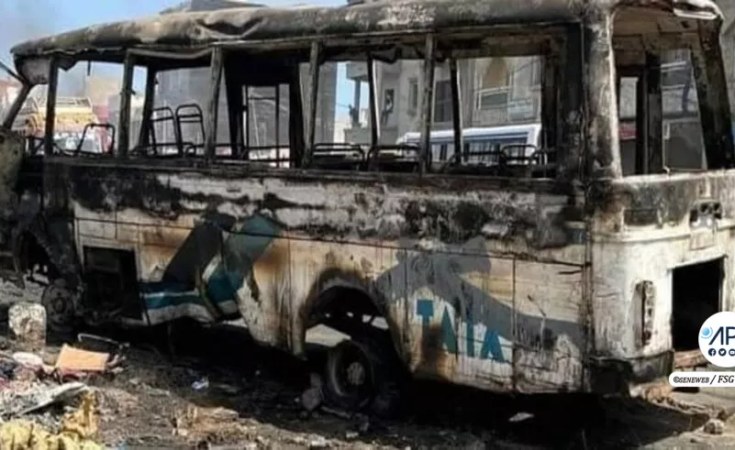With news of the dissolution of Senegal's main opposition party, it is one step forward and two steps back for Senegalese democracy.
When President Macky Sall announced on July 3 that he would not seek a controversial third term in office, champions of democracy and friends of Senegal breathed a sigh of relief. His decision promised to defuse volatile political tensions that led to violent clashes in the streets and the deaths of protesters in June. While opposition politician Ousmane Sonko's legal woes looked likely to bar him from contesting the 2024 presidential elections, the hope had been that a level playing field would be set for other contenders, with no individual candidate enjoying the advantage of incumbency.
But now the state has created a new crisis. Just days after Sonko was charged with additional serious crimes, the interior minister announced the dissolution of Sonko's political party, the Patriots of Senegal for Work, Ethics, and Fraternity (PASTEF), and the state re-imposed an internet shutdown across the country. Senegalese officials seem determined to make Sonko a martyr, and by essentially banning a popular political party, undermine public trust and confidence in the country's democracy.
These developments would be bad news for Senegal at any time, and predictably, they have already sparked new protests. But they are particularly problematic for West Africa now, as subregional organization Economic Community of West African States (ECOWAS) attempts to take a hard line against the military takeover in Niger. Some are calling for a resuscitation of the model used in Gambia in 2017, when coercive diplomacy was backed up by military deployments from Senegal, Ghana, and Nigeria to ensure that former President Yahya Jammeh did not prevent a constitutional transfer of power to the winner of the 2016 Gambian elections.
But it is hard to rally support for enforcing regional democratic norms when potential enforcers are losing democratic credibility at home. It may be even more difficult to convince young people in the region who are desperate to see a change in their countries that democracy is not simply window dressing for the status quo. At home and abroad, the latest developments in Senegal only strengthen the hands of anti-democratic forces.


